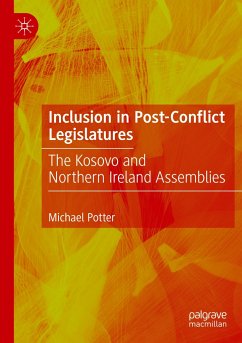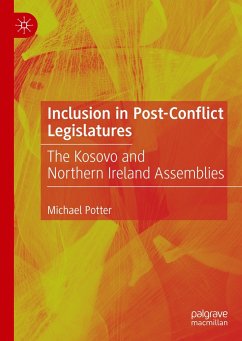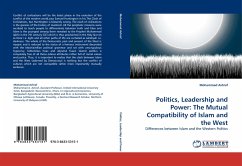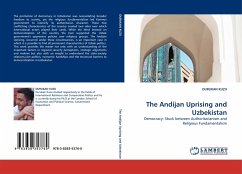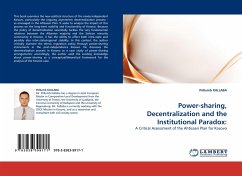
Power-sharing, Decentralization and the Institutional Paradox:
A Critical Assessment of the Ahtisaari Plan for Kosovo
Versandkostenfrei!
Versandfertig in 6-10 Tagen
32,99 €
inkl. MwSt.

PAYBACK Punkte
16 °P sammeln!
This book examines the new political structure of the newly independent Kosovo, particularly the ongoing asymmetric decentralization process - as envisaged in the Ahtisaari Plan. It seeks to analyze the impact of this process on the long-term stability and functionality of Kosovo. Because the policy of decentralization essentially tackles the very fundamental relations between the Albanian majority and the Serbian minority community in Kosovo, it has the ability to affect both intra-state and possibly also inter-state/regional stability. In this context, the author critically examine the ethni...
This book examines the new political structure of the newly independent Kosovo, particularly the ongoing asymmetric decentralization process - as envisaged in the Ahtisaari Plan. It seeks to analyze the impact of this process on the long-term stability and functionality of Kosovo. Because the policy of decentralization essentially tackles the very fundamental relations between the Albanian majority and the Serbian minority community in Kosovo, it has the ability to affect both intra-state and possibly also inter-state/regional stability. In this context, the author critically examine the ethnic regulation policy through power-sharing instruments in the post-independence Kosovo. He discusses the decentralization process in Kosovo as a case study of power-sharing arrangements; accordingly, the author used the existing knowledge about power-sharing as a conceptual/theoretical framework for the analysis of the Kosovo case.





